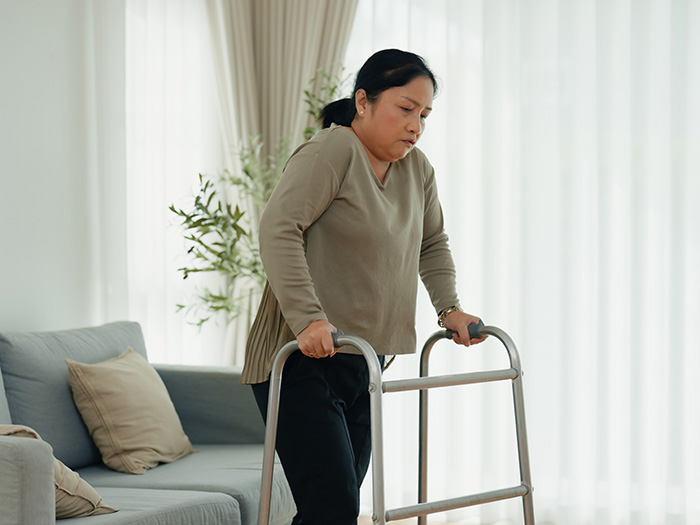Perspective | Don’t Want to Use Telematics? Carriers Will Eventually Say Too Bad
Everything has its price. The increasingly healthy diet we are eating presents the foodservice industry with “an array of new foodborne illness threats,” says Restaurant Guard Insurance veep Crystal Jacobs, adding: “Greens like romaine are now one of the nation’s most susceptible foods for carrying the bacteria that cause foodborne illness.”
More than 1,000 people in the U.S. have been “sickened by tainted lettuce” over the last 10 years. Just 31 cases were reported to the Center for Disease Control in 2010; in 2018 that number reached 331.
Knowing this, imagine my relief when a story about Carrot Insurance crossed my desk. Talk about responsive markets: A threat is identified and the insurance industry rises to meet the challenge. Sadly, however, Carrot Insurance doesn’t insure carrots.
It insures motor vehicles. Carrot covers younger drivers who are willing to have a black box installed in their cars, or use an app on their phones, to track braking, swerving, speeding and other risk factors.
Insureds with Carrot can earn weekly rewards if their driving performance improves over time. The rewards are in the form of high street store-based e-gift cards. (Ignore for these purposes the absurdity of buying a store-based gift card, a transaction in which one pays to exchange actual money, good anywhere, for a credit that can be redeemed at only one store, often for a limited time.)
Carrot’s particular branch of Insurtech — vehicle telematics — is now thought to monitor about a third of British drivers aged 17 to 25.
Well, that’s nice. Penalizing poor driving might reduce accidents. This is beginning to sound like a good idea. The weakness, of course, as is true of so many of our day-to-day functions, lies in the technology.
Last year, some of Carrot’s insureds were tracked speeding … while they were on a train. In what the company described as “very rare instances when customers pair their phone to an additional Bluetooth device,” errors could occur. One user complained of losing his no-claims discount and £1,600 ($2,000) as a result of his technological overload.
Carrot’s technology flagged its customers, some of them insured as bicycle riders, hurtling along in a straight line at up to 60 mph where there are no roads. The technology duly noted the fact and raised the premiums. It didn’t raise its i-brows, because technology has no such capacity unless warned in advance.
A GlobalData report found that about a third of drivers refuse to use telematics systems to report every second of their driving experience. Are they Luddites, rebels or fools?
History suggests they’re fools. You don’t resist the market. Come the day every vehicle insurer uses the technology, if you want to meet your legal obligation to have current vehicle insurance, you too will become a user. Your sole alternative would be to give up driving, and you’re not going to do that, are you?
It’s the same approach Google and the other big techno-players take with technology: It’s their way or no airwaves.
Just-in-time is an inventory management methodology; just-do-what-you’re-told is customer management policy for technology firms. With six, you get egg roll; with technology, you get assimilated. Resistance is futile. &










